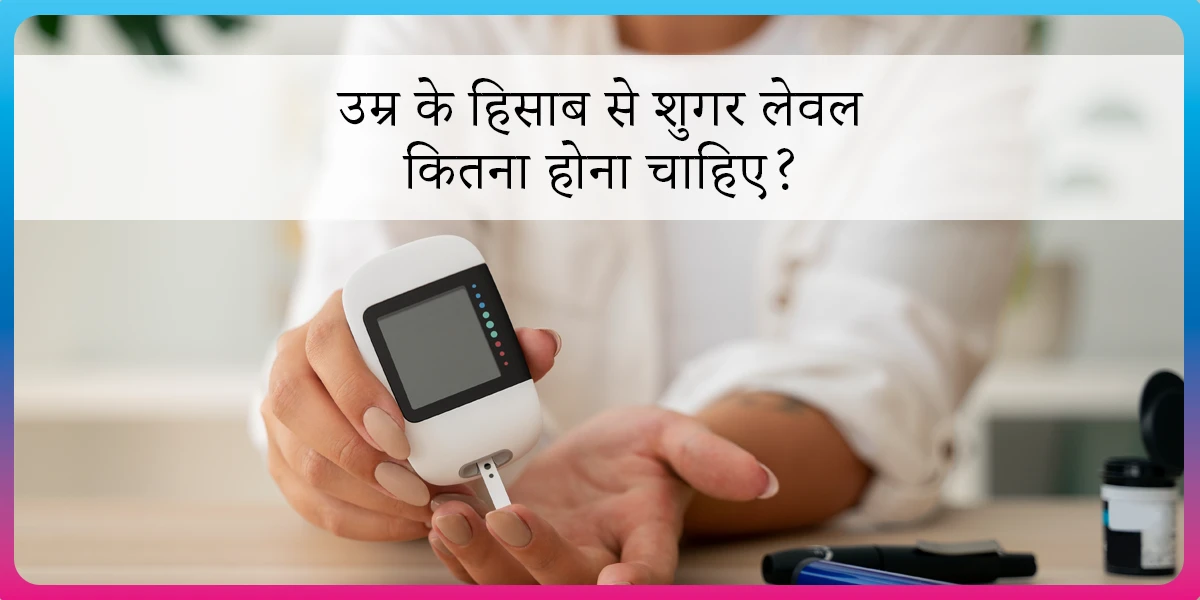Why You Need to Start Paying Attention to Those Blood Sugar Spikes

If you or a loved one has diabetes and are wondering about high blood sugar levels, do read on to understand what is high blood sugar and how high glucose can affect those with diabetes.
What is Hyperglycemia?
Hyperglycaemia is the term used to refer to high blood sugar levels or high levels of blood glucose. It refers to a condition when there is an excess of sugar in the blood, which usually happens when there are low levels of insulin in the body.
There are mainly two types of high blood sugar:
- Fasting hyperglycemia: Diabetics whose blood sugar levels are higher than 130 mg/dL after 8 hours of being without food and water.
- Post-prandial hyperglycemia: Diabetics whose blood sugar levels are higher than 180 mg/dL 2 hours after finishing a meal.
Signs of hyperglycemia
Hyperglycaemia does not usually cause many symptoms in the initial stage, but signs are noticeable when the levels of glucose are significantly high. Signs and symptoms of hyperglycemia develop slowly over time, so it is important to speak to your doctor and understand when you need to check for the same.
Here are some of the early signs and symptoms of hyperglycemia:
- Frequent need to urinate
- Regular headache
- Vision changes or blurry vision
- Increase in thirst levels or frequent need to drink water
- Fatigue
- Confusion or difficulty in concentrating
- Shortness of breath without reasonable exertion
- Dryness in mouth
- Nausea or vomiting
- Fruity smelling odor
- Pain in the abdomen
- Recurring weakness
- Blood sugar levels of more than 180 mg/dL
Signs and symptoms of ongoing hyperglycemia:
- Coma in severe cases
- Loss of weight without too much exercising or reasonable explanation
- Hair loss
- Diabetic neuropathy (damage to the nerves)
- Cuts and wounds take time to heal
- Erectile dysfunction in men
- Chronic diarrhea or chronic constipation
- Damage to kidneys, eyes, or blood vessels
- Skin infections
- Vaginal infections
What causes high blood sugar?
Various factors could lead to high blood sugar. Here are some of the hyperglycemia causes to watch out for
- If you have type 1 diabetes, you may not have given your body the required amount of insulin, whether orally or through other forms of treatment.
- If you have type 2 diabetes, likely, there are not enough levels of insulin in the body, or the body is not able to use insulin the way it needs to.
- Mental stress or stress in the form of physical stress could be from any illness.
- Any recent infection or surgery.
- Meal portions are higher than what you are supposed to have.
- You exercised more than you are supposed to.
- The dawn phenomenon is also known to trigger high blood sugar in certain people. This is a condition where there is a surge of hormones in the body daily, usually around dawn, which is around 4 or 5 am.
Treatment
If you have diabetes or have noticed high glucose symptoms, speak to your doctor and get your blood sugar checked.
Here are some of the treatment options your doctor may suggest for treating high blood sugar symptoms:
1. Increase water intake:
- Increasing your water intake will keep the body hydrated and reduce thirst or dry mouth issues.
- Water helps to flush out any excess sugar from the blood through urine and helps stabilize blood sugar levels.
2. Increase intensity or amount of exercise:
- Exercising regularly will keep your blood glucose levels within a stable or manageable range.
- Even if you are exercising, you may need to increase the intensity or amount of time. Speak to your doctor and understand what will work best for you.
3. Changes in eating habits:
- The right diet and the right amount of macro and micronutrients in your daily meals can help better manage blood glucose levels.
- Speak to a dietician/nutritionist to understand how you can make the most of your meals.
4. Changing medication:
- Your doctor may want to change your medication or change the dosage or time of medication.
- For those with type 1 diabetes where blood sugar levels are higher than 250 mg/dL, the doctor may ask for a urine or blood test to check for ketones and make required changes.
Risk factors
Various risk factors can contribute to high blood sugar:
- Using expired insulin or not injecting insulin the proper way
- Not taking enough oral diabetes medication or insulin
- Sedentary lifestyle
- Exercising less than required
- Recent injury or surgery
- Not following a proper diabetes meal plan
- Being on certain types of medication such as steroids
- Stress, whether emotional, mental or physical
Complications
In the long run, if left untreated, hyperglycemia can lead to complications and various other risk factors:
- Diabetic nephropathy (damage to the kidneys) or kidney failure in severe cases
- Diabetic neuropathy (damage to the nerves)
- Diabetic retinopathy (damage to the blood vessels in the retina) or blindness in severe cases
- Cardiovascular diseases
- Problems in bones and joints
- Infections in teeth and gums
- Cataract, where vision becomes cloudy
- Problems in the feet that could lead to ulcers, skin infections, and, in severe cases, amputation
Emergency complications
1. Diabetic ketoacidosis:
- This happens when there is not enough insulin in the body.
- As a result, glucose (sugar) that your body needs for energy is not able to enter the cells.
- As the blood sugar levels rise, the body starts breaking down fat to generate energy, but in the process, it also releases certain toxins known as ketones.
- These ketones accumulate in the blood and eventually spill into the urine.
- If not treated in time, it can lead to a life-threatening condition such as diabetic coma.
2. Hyperglycaemic hyperosmolar state:
- Your body may be producing enough insulin, but if it does not work properly, the blood sugar levels can go dangerously high.
- When insulin present is not properly used by the body, the body becomes unable to use either glucose or fat to generate energy.
- This excess glucose then spills into the urine and causes excess urination.
- If not treated in time, it can lead to a life-threatening state of dehydration and coma.
Fittertake:
Blood sugar levels can be managed with timely diagnosis and care. If you already have diabetes, do speak to your doctor to understand how you can monitor your blood glucose levels regularly, and what changes you can make in your lifestyle to get the best out of your diabetes care plan. However, if you are looking for a simple, sustainable, and scientific way to manage or reverse your diabetes. Then look no further, Fitterfly’s programs – Diabefly pro and Diabefly reverse will not only help you understand your health condition better. But their team of India’s leading diabetologists, nutritionists, physiotherapists, and psychologists will also help you effectively manage your diabetes to keep you safe from short-term complications such as hyperglycemia and long-term complications such as diabetic retinopathy, diabetic neuropathy, and diabetic nephropathy.
References:
[2] https://www.mayoclinic.org/diseases-conditions/hyperglycemia/symptoms-causes/syc-20373631
[4] https://www.webmd.com/diabetes/diabetes-hyperglycemia
[5] https://www.mayoclinic.org/diseases-conditions/hyperglycemia/symptoms-causes/syc-20373631
This blog provides general information for educational and informational purposes only and shouldn't be seen as professional advice.












